Groote Archipelago Regional Council: East Arnhem CEO holds fears land council influence
The CEO of East Arnhem Regional Council, which will hand over the Groote Archipelago to a newly created council later this year, fears government underfunding will lead the new body into the arms of a controversial land council.
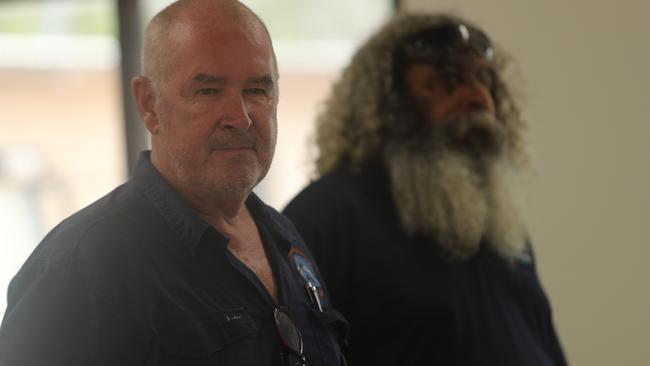
Northern Territory
Don't miss out on the headlines from Northern Territory. Followed categories will be added to My News.
The chief executive of East Arnhem council fears a new local government for the Groote Archipelago has been set up to fail by a funding shortfall, opening the door to unwanted cash and influence from a controversial Aboriginal land council.
Earlier this year, former government ministers Chansey Paech and Selena Uibo announced Groote Eylandt and Bickerton Island, home to the Anindilyakwa people, would soon form their own local government, the Territory’s 18th overall.
Shortly after the announcement, East Arnhem Regional Council boss Dale Keehne began writing to ministers and stakeholders to express his deep misgivings over the creation of a new Groote Archipelago Regional Council (GARC).
Mr Keehne said he was a supporter of the new council in principle, but feared government funding shortfalls would mean the Anindilyakwa Land Council would end up effectively bankrolling GARC – which he argued would then lose its independence.
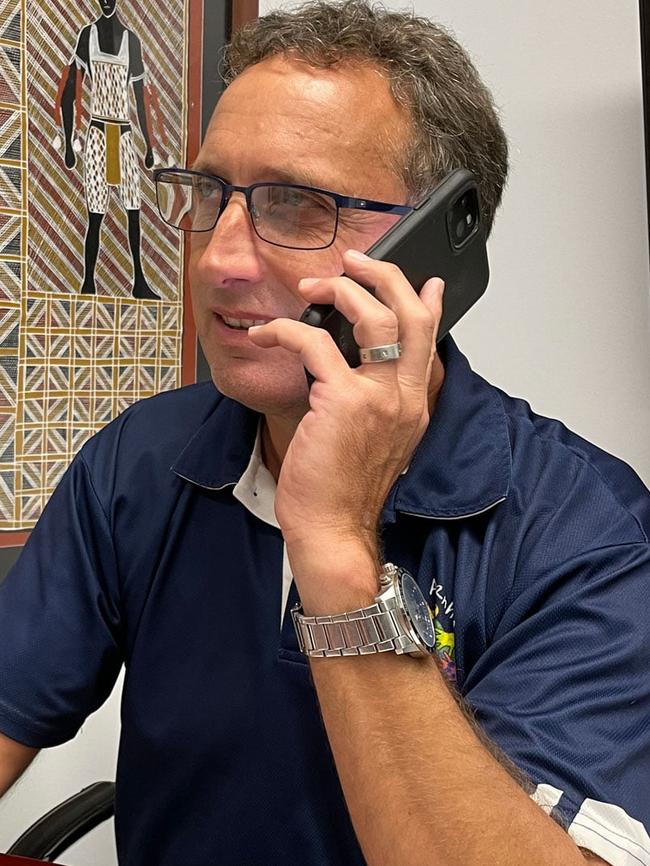
His fear of ALC involvement is founded upon a long-running governance saga at ALC after the Australian National Audit Office in May 2023 found CEO Mark Hewitt – who has since announced plans to resign – and ALC chairman Mr T Wurrumarrba (who died recently) had funnelled $24m in GEMCO mining royalties towards grants ultimately benefiting a company, Winchelsea Mining, that the pair controlled as directors.
The ANAO concluded the council did not have appropriate guardrails for managing conflicts of interest, but made no specific findings against Messrs Hewitt or Wurrumarrba.
Mr Hewitt has consistently denied allegations there was anything untoward about his and Mr Wurrumarrba’s business dealings.
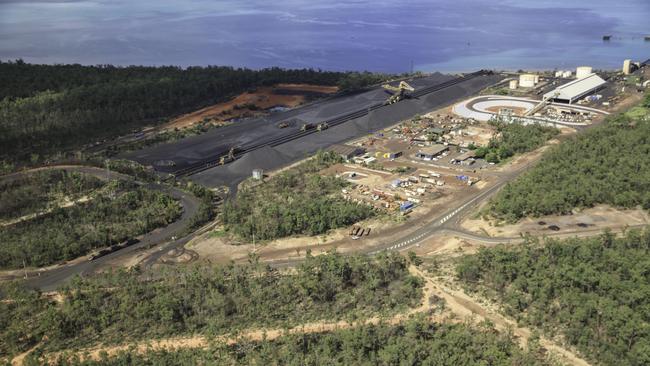
In August, new federal Indigenous Australians Minister Malarndirri McCarthy revealed the government was dissatisfied by the land council’s deficiencies in implementing the recommendations of the May 2023 investigation by the Australian National Audit Office.
She withheld ALCs 2024–25 budget in favour of a temporary operational budget in order to leverage the land council into making the changes required of it.
The matter has also been referred to the National Anti-Corruption Commission, which confirmed the referral, but declined to say whether it had launched a formal investigation.
Now, it can be revealed Mr Keehne’s vision of GARC being free of outside cash and influence has already collapsed – the horse has bolted.
In a statement, Mr Hewitt confirmed the ALC had handed over $1.5m to the new council earlier this year “to support the establishment of the GARC”.
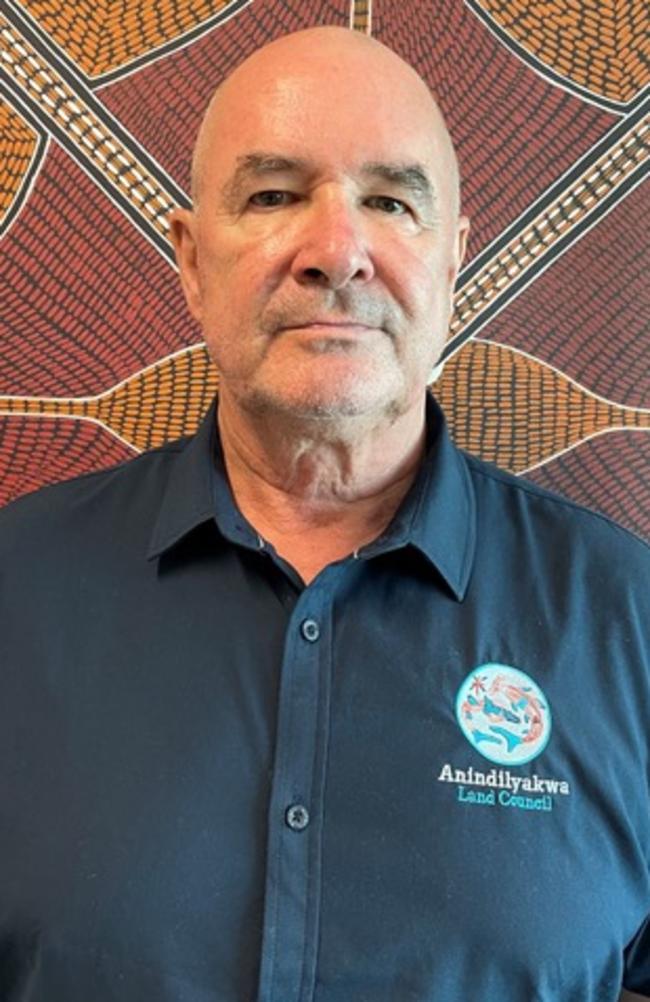
“This funding will also support the transition of various ALC supported programs such as parks and gardens maintenance, local justice programs, and the Bushfit program, which are typically delivered by local councils, and the traditional owners want to ensure these programs are successfully transitioned to the new GARC,” he said.
“The ALC looks forward to the new regional council supporting the delivery of municipal services to the Groote Archipelago communities through local control.”
He disputed this masthead’s characterisation of the money coming from ALC – it came from the Anindilyakwa Royalties Aboriginal Corporation (which nevertheless is intimately tied to the ALC), Mr Hewitt said.
Mr Keahne, the EARC chief executive, said such cross-pollination between GARC and ALC could be avoided if the former NT government had committed to funding the new council properly.
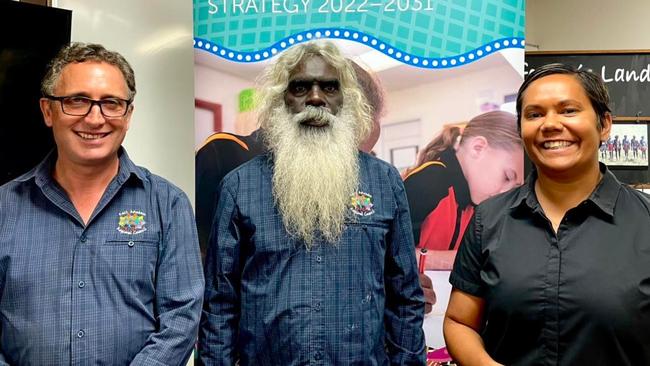
The previous NT government committed $3m per annum towards the formation and operation of the new council (which would also receive commonwealth support in the form of annual Federal Assistance Grants).
Mr Keehne, whose views are backed by the Local Government Association of the Northern Territory, claimed in his June CEO report this would not touch the sides of what would be needed.
Citing work done by Deloittes, Mr Keehne warned of an expected budget shortfall of about $6m between the two councils in the first year (EARC will lose more NT and commonwealth funding than it cost to provide services to Groote and Bickerton).
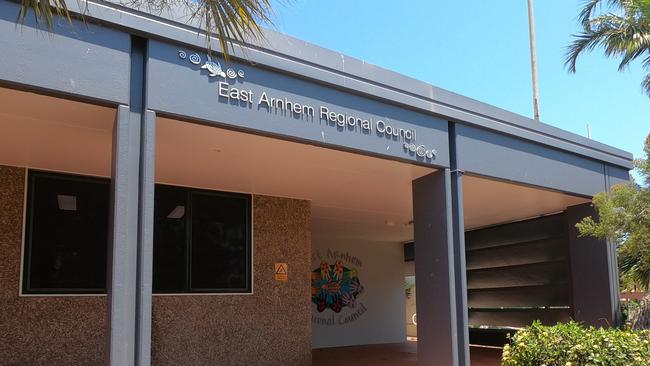
The combined deficit in the first four years, taking into account wage increases and other operational costs, could be as high as $25.9m, Mr Keehne said.
Elections for the inaugural Groote Archipelago Regional Council will be held before the end of October, with 22 declared candidates seeking to fill seven elected councillor roles.
The new council will be formed after the result is finalised on November 8, although it would initially be a council in name only, as East Arnhem Regional Council, which currently administers the islands, will continue to deliver most services to the new council.
A contract has been signed between EARC and GARC for the established council to deliver services until June 30, 2025 – or more likely a later date – while the new council builds capacity and hires staff.
More Coverage
Originally published as Groote Archipelago Regional Council: East Arnhem CEO holds fears land council influence





